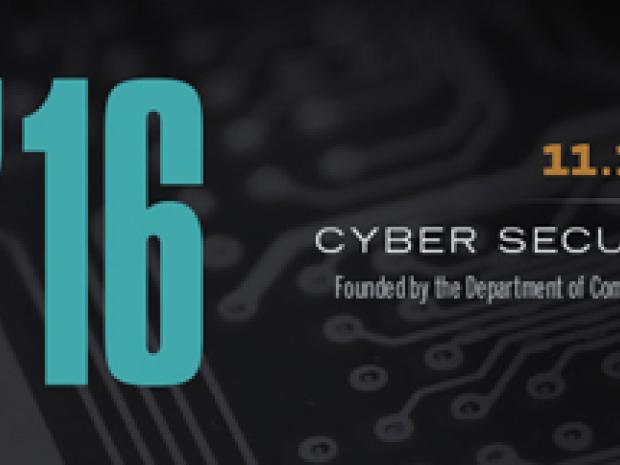
Cyber Security Awareness Week (CSAW) is an annual conference offering competitions, industry talks and events to prepare best-performing students with the skills and knowledge to shape the future of the industry. Now with three locations around the world, CSAW isn't just the largest student-run cyber security event in the US. It's a global conference with worldwide impact.
There are three CSAW locations: Brooklyn, Abu Dhabi, and Kanpur, India.
CSAW Brooklyn is managed by undergraduate and graduate students of the Offensive Security, Incident Response and Internet Security (OSIRIS) Laboratory at NYU Tandon, guided by university faculty and industry leaders.
THE COMPETITIONS:
- Capture the Flag (CTF): Realistic offensive security competition that tests and teaches at the same time.
- Embedded Security Challenge (ESC): A red team/blue team face-off that simulates a real-world hardware attack.
- Security Quiz: A security game show, with questions ranging from current events to the highly technical.
- Policy Competition: Students are given a security threat; it's up to them to draft a policy to forestall it.
- High School Forensics (HSF): Students collaborate to solve a murder mystery that gets harder every round.
- Research Competition: A team of experts gather to evaluate the best doctoral security research worldwide.
THE INDUSTRY FAIR:
Finalists and other conference-goers get the opportunity to introduce themselves to CSAW sponsors: an array of powerful corporate and government organizations seeking to recruit new talent.
SECURITY:OPEN SOURCE (SOS) WORKSHOP:
The SOS (Security: Open Source) workshop is a one-day, single track workshop co-located with CSAW and focused the growing set of security software that has been released under an open source license. These tools are valuable not only for their intended functions, but also because they allow others to validate their methods and build on their work, pushing the field as a whole forward. The workshop will feature talks by authors discussing their software and how it has been used to solve real problems, as well as panels on topics of interest to the community, such as building an audience for your software and managing contributions.

